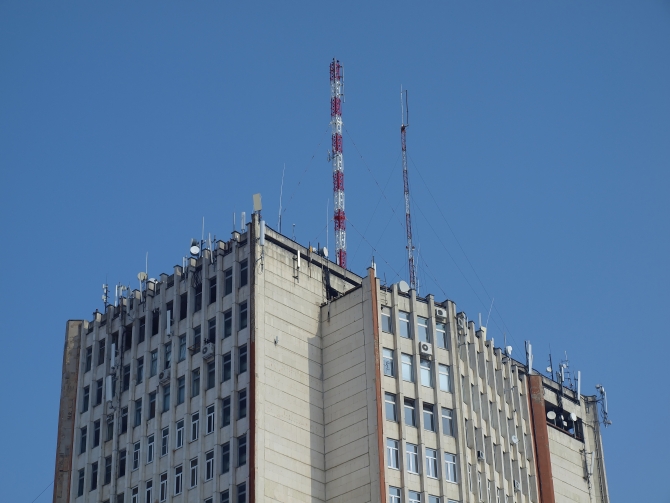Chancellor George Osborne is being urged to use today’s Budget to clarify reforms to the Electronic Communications Code (ECC) and how its future implementation will affect commercial property landlords.

The call comes from property management company, Lambert Smith Hampton (LSH), which claims that despite several false starts the Government should now build on its spring promise to redefine the rules governing the installation and maintenance of electronic communications infrastructure, such as mobile phone masts.
Both property owners and telecoms operators have repeatedly called for reforms to the existing code.
Mark Walters, director of telecoms consultancy at LSH in Bristol and the South West, said network operators are focused on building a robust telecoms infrastructure that will be fit for purpose for the coming decades and which enables them to keep pace with evolving consumer needs — increasing internet usage and use the cloud and the growth of data and video on demand.
“A new code will balance the needs of operators against the owners of buildings and land from which the infrastructure operates, so that all parties can benefit,” he said.
“Any future code should outline clearer steps for landowners to relocate or remove operators from sites that are prime for redevelopment, the current arrangements for which are heavily weighted in the operator’s favour.
“The continuous evolution of the UK telecoms market can provide significant opportunities for commercial property landlords. However, the changes introduced by the new code will not be retrospective,” he stressed.
“Any leases granted prior to the new code coming into force will still be subject to the current regime and its inherent complexities, but this need not stop development in its tracks.”
LSH has already helped Essex County Council unlock a significant parcel of redevelopment land being blocked by four telecoms operators that had equipment on the site. All the operators were relying upon their statutory “code powers” granted under the existing ECC to continuing using a school building.
Working with the authority’s legal advisors, LSH negotiated the early surrender of the commercial leases and the redeployment of equipment to a new standalone facility, thereby enabling the £15m redevelopment to proceed on time and at no penalty.
In March the then culture secretary, Sajid Javid, said: “Under the reformed code, telecoms operators that reach agreement with landowners over access to their property would have expanded code rights. These would include the right to install electronic communications apparatus on, under or over land, inspect, maintain, adjust, alter, repair, upgrade and operate that equipment.
“In contrast, the Government’s proposals will introduce a wholly-new procedure for a landowner to require the removal of electronic communications apparatus, which could make it more difficult for operators to resist the removal of their apparatus.”
The Government plans would also see telecoms operators given new qualified rights to “share the use of any such electronic communications apparatus with another operator” and upgrade apparatus, both without the consent of a landlord.